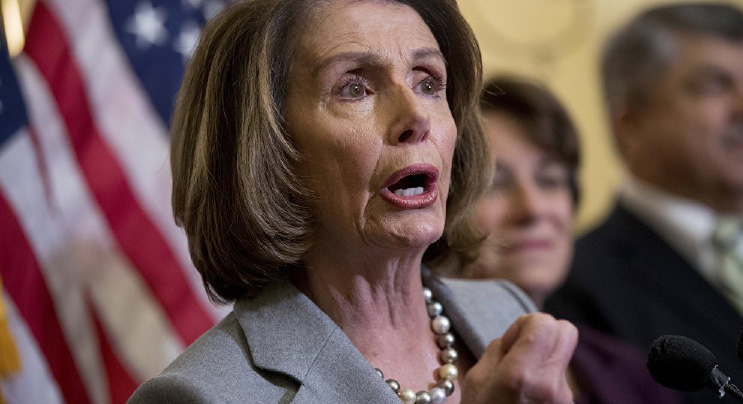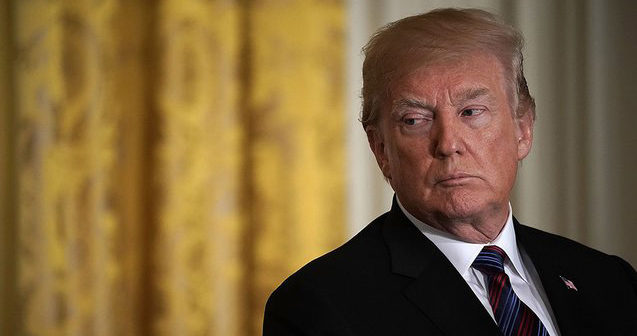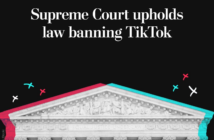By: Tamali Smith
On the Dec. 22, 2018, the United States government had a major shutdown. The 34-day shutdown was regarded as the longest shutdown which is currently temporarily open until Feb. 15, 2019.
On February 15, 2019, President Trump signed a comprehensive Homeland Security spending bill to avert another government shutdown. However, the bill provided less than what Trump requested. The bill provided $1.375 billion for 55 miles of new border fencing instead of the requested amount of $5.7 billion for 234 miles of new solid steel walls. At this same time, Trump declared a national emergency redirecting $3.5 billion from the Department of Defense’s military construction budget to the construction of new border wall, according to Thoughco.
Although the government has opened up for three weeks, the initial shutdown has had numerous effects on the country which affected government workers, essential and non-essential. Simply put, a government shutdown occurs when Congress cannot enact a funding resolution. In this case, this was due to the funding of the border wall between the U.S. and Mexico. In retrospect, Republican president Donald Trump and his administration requested $5.7 billion to fund the border wall between Mexico and the United States. Since two government entities could not compromise in Congress, this led to the shutdown.
When interviewed about the shutdown, Mr. Frank Orlando, an instructor of political science, mentioned the term “zero-based budgeting.” Zero-based budgeting at the federal level refers to making sure that all expenses are accounted for every period. With this, the government must be funded every period. Without funding, the government could not operate to cover all its expenses. Orlando lamented on the fact that this money doesn’t just carry over from previous years.
“If the government is not funded each period, this can lead to major things like the current situation of the shutdown. Every year Senate and Congress are tasked with passing a budget,” stated Orlando.
With over a month of the government shutdown, this affected the country and its people. It led to employees being absent from work and federal workers, who were deemed essential workers, not getting paid for work done. Essential employees, according to Orlando, refers to those persons who have important roles and duties within the country whereby if they don’t work, then there would be some type of chaos. An example would be TSA workers at the airports. To prevent chaos in airports, they are deemed as essential workers. Orlando commented on the legal framework behind these continued operations of workers not getting their paychecks.

The House Speaker Nancy Pelosi was a prominent figure during the government shutdown as she opposed Trump and the funding he asked for the border wall. @sputnik
“Essential workers have to work during times of a shutdown without pay. This is a law that they are aware of before they were qualified for their jobs. On the other hand, non-essential employees don’t go to work if they are not getting paid. The effects are tumultuous on both essential and non-essential workers. They miss car payments, mortgage bills, healthcare bills, and utility bills. It is also severe to the point where workers cannot fund their everyday lifestyle. This sometimes affects their children who have to attend school on a daily basis. Constituents were also under pressure as well,” replied Orlando.
Before the government shutdown ended, the continuance of it had negative impacts on the Republicans and president Trump.
“With the three weeks opening of the government, the Republicans have given in which seems like a victory for the Democrats. The Republicans are losing their faith in Trump on delivering the wall,” said Orlando. “The poll also states that the Republicans were the cause of the shutdown. This may be the reason why they decided to cut their losses and agree to open the government back up.”
Maddison Bonnell, a junior majoring in theatre arts spoke when interviewed about the effect of the shutdown and how it impacted her life.
“I was not directly affected by the shutdown; however, my family was affected by it,” Bonnell said. “My dad, who works for the government, was working without pay.”
Bonnell lamented on the fact that her family lifestyle had to change radically for them to survive. This included trying to maintain bills with no income coming in from her father’s job.
“It also facilitated a lot of stress. My parents had to be wondering how best to allocate the money for each of their bills. Careful planning and tracking of finances were important during the shutdown.” Bonnell also mentioned that her father started looking into entrepreneurship for income. “He decided to go into candle making,” Bonnell commented.
While many persons focused on persons not getting paid for work done, there is also another effect: National Security. Former FBI agent and current instructor of criminal justice, Charlotte Braziel mentioned that essential workers, such as agents are needed to maintain order in society. The country was and is still in danger due to the opening of security breaches when there is a government shutdown. Braziel recounted the stressful period she had undergone in 1995.
“This 1995 shutdown started in Christmas time and lasted for 21 days. Government employees were like pawns in a game. They had to work during the time of the shutdown without pay because governments could not compromise,” replied Braziel.
She compared this to that of a tunnel vision where funding was cut off not only in salaries but also in government operations and national security.
“The cause of the 1995 shutdown was due to the budget not being approved to take care of Medicare, education, and environment and public health,” Braziel mentioned. “Due to the fact that I was single and without kids, it was not as demanding for me. However, I did get stressed out when I saw that I would not be able to get paid. On the other hand, the lower staff agents who had lower income and had to work, went through tumultuous stresses. FBI agents could not pay their sources, and so investigation, crime and domestic took longer to solve.”
Also, while essential employees get paid eventually after the shutdown, contract workers will not be compensated. When asked about the effects of the shutdown, Braziel gave a plethora of effects, such as the insecurity and unpredictability of the unknown. Despair among persons in the workplace, health issues such as depression and anxiety were also prevalent. Aside from all those effects, the current shutdown creates a level of mistrust in the government. Braziel also mentioned that there would be no need for a shutdown if both governments found a way to resolve the matter. They can do this by communicating and compromising.





